Reforms in Morocco: Morocco Emerging Manufacturing Base for Europe
Minister of Industry, Commerce, and New Technologies, Ahmed Reda Chami
We are the only country that can offer the proximity, production costs, FTAs, and advanced status with the EU and this positions us in a very unique way.
Interview with Ahmed Reda Chami, Morocco Minister of Industry, Commerce, and New Technologies
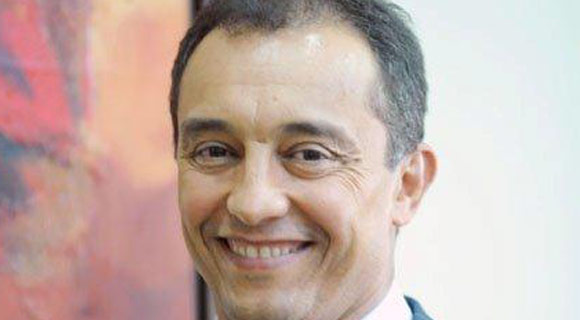
Morocco is trying to position itself as a cheaper way for companies to reach Europe and Africa. What does this mean for international companies and what is the strategic direction of Morocco? Also, what should Morocco’s role be in the international scene?
If I have to summarize it, I would say Morocco is to Europe what Mexico is to the US. We can be a regional hub for manufacturing and exports to Europe and an open gate to Africa. We are able to export by locally producing more competitively than Europe as the average wage here is seven times less than it is in south Europe.
Our geostrategic positioning gives us a strategic advantage for shipping and the signed FTAs allow us to reach a billion consumers duty-free out of Morocco. Our business environment is similar to the European one, therefore,0 our investors feel safe and protected and with that, our advanced status with the EU makes us keep our rules and regulation in line with European standards.
We are the only country that can offer the proximity, production costs, FTAs, and advanced status with the EU and this positions us in a very unique way.
You mentioned in 2011 you are expecting economic growth of 4% or more. What do you view as the main challenge to accomplish this growth in light of regional events and the on-going global economic instability?
We are in a favorable position because analysts have predicted growth will take place globally and particularly in emerging markets more than anywhere else. We believe our reforms like the sectorial strategy in industry will be fully implemented in the years ahead and we will see more impact in 2011 and further more in 2012. This will help the economy grow faster and our new programs meant to improve the infrastructure will support this growth and benefit the other sectors.
We have seen more local and Foreign direct investments and this is promising. The current regional situation is pushing people to ask questions but Morocco is a very stable country and I believe that the regional situation will stabilize soon. Our own internal challenge is how fast we can execute our strategies and how fast we can institute the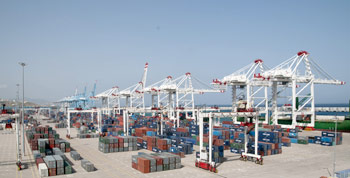 reforms. We also need to make sure our human resources are competent enough to satisfy companies and this is our priority. Besides reforming the education system, we provide proper training in order to offer the right sources.
reforms. We also need to make sure our human resources are competent enough to satisfy companies and this is our priority. Besides reforming the education system, we provide proper training in order to offer the right sources.
What challenges come from the availability of land and judiciary framework?
There is more work to be done in the judiciary system and it is our second priority to reform the system. We have encouraged conflict resolutions through alternative means like mediation,. The availability of land will vary by sector and industrial platform. In the years ahead the different regions of Morocco will have different industrial platforms with various status-some will be free-zones, and land will be overall available. We want the investor to feel like they have choices to either buy or rent the land and choices on how they choose to utilize it. With these platforms investors will find a one stop shop that will give them a permit to build and operate and all of the administrative tasks will be handled in a hassle free manner.
What makes Morocco unique?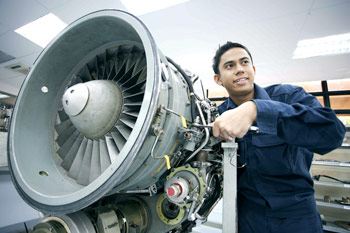
We are the only country that can offer the proximity, production costs, FTAs, and advanced status with the EU and this, positions us in a very unique way.
Which bilateral regional agreements have affected Morocco’s trade patterns and export flow the most? What do you expect in the future?
If you analyze the current trade patterns you will see our biggest strategic partner is France followed by Spain. A free trade agreement with Europe is the engine of our trade today. We have signed one with the US but we are far from benefiting from all of its potential because I believe our entrepreneurs are more used to dealing with Europe so the US is a culture change for them.
Second, the US is a bigger market that requires more capacity which would mean we have a need for more investment or virtual mergers among the local players. Last, we could utilize the potential of the FTA by engaging American FDI in Morocco and capitalize on local economic players who are used to the US culture and have the potential to export to that market. This is an area of focus for us today.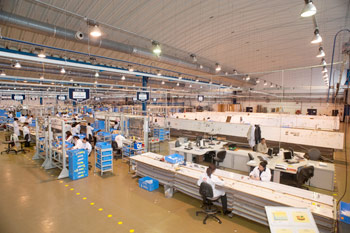
What are your biggest priorities for domestic reform in 2011?
The government has launched major reforms in different areas and also cross the country. There are some social reforms that we view as key to our success like education because this will enable people to have a better life. Healthcare is also our priority and we have built new hospitals and pushed for reforms for coverage and cost.
We are also working on housing reforms and also the judiciary system is undergoing reforms because citizens need their rights to be protected. In the economic sector we have our sectorial strategies and we have identified our competitive advantages however, how fast we are able to implement these measures is our current challenge.
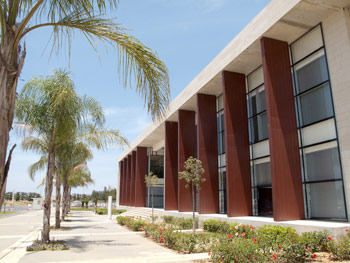
What is your vision for Morocco?
The Morocco of the future can be a place where every citizen can build a future based on their own potential no matter what their background is. Our education, health, and our legal system will allow our citizens to lead fulfilling prosperous lives throughout their life. Morocco can be a land of opportunity for its people and a country where one can express freely their feelings and ideas.